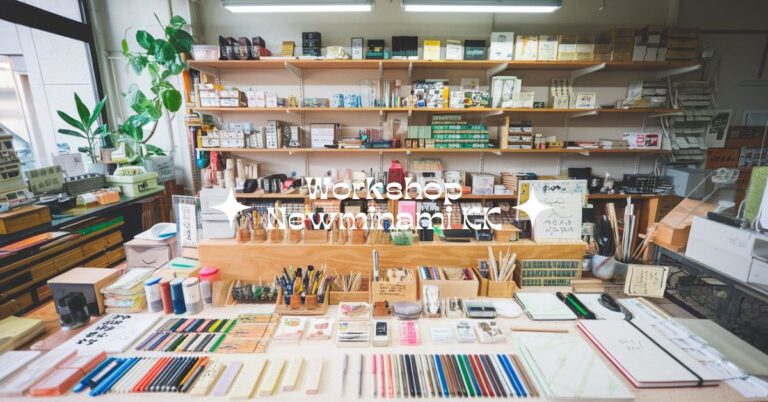Frequently Asked Questions About Dental Labs
Dental technicians produce quality restorations through craft mastery in modern dental laboratories. These facilities deliver customized dental prosthetics and appliances to dentists and patients. Here are some answers to frequently asked questions about dental labs:
What Services Do Dental Labs Provide?
Specialized modern laboratories produce precise dental restorations created with computer-assisted manufacturing with equipment and advanced technology (and the traditional method of handcrafting). Skilled technicians make crowns, bridges, dentures, implants, and orthodontic appliances to meet patient needs. They operate closely with dentists, analyze prescriptions, and control quality. Every restoration needs careful attention to detail, proper material selection, and exact specifications from dental impressions.
How Do Labs Confirm Quality Standards?
Quality control teams verify restoration specifications, check material integrity, and validate manufacturing processes. Dental laboratories should comply with protocols regarding infection control, material handling, appliance verification, and the foiling and verification of the impressions sent by the dentist. The FDA regulates dental labs as medical device manufacturers. Digital workflows use advanced scanning equipment to produce accurate fits. Prosthetic fabrication is part of the rigorous training that certified dental technicians receive to meet higher standards.
What Materials Are Used?
Crafting restorations involves using ceramics, metals, and polymers by the dental labs. Based on strength requirements and aesthetic needs, they select biocompatible materials. Technicians are meticulous when choosing between zirconia, porcelain, composite resin, and precious metals for optimal durability and appearance. The choice of materials is dictated by restoration type, location, and patient-specific factors. Each material provides specific benefits regarding durability, aesthetics, and functionality.
How Do Labs Work With Dentists?
Communication between dental offices and laboratories remains key to producing optimal results. These cases should be accurately prescribed, well-made impressions or digital scans taken, and require precise specifications recorded. Regular collaboration enables proper tooth and gum shade matching, occlusion, and fit verification. The technicians often review comprehensive cases in detail with dentists. Consistent communication, reliable service, and mutual respect could turn into cooperative partnerships.
What Technologies Exist in the Modern Labs?
Modern dental labs use digital scanners, CAD/CAM systems, and 3D printing. Implementing digital workflows increases accuracy, enhances efficiency, and improves documentation with fewer remakes. Advanced software makes it easier to make changes in the design before the final production of the appliance. New technologies improve conventional approaches without compromising the quality of craftsmanship. Using upgraded equipment helps potential clients know that these dental laboratories are up to standard and are capable of creating quality products. New developments in material science enhance the efficiencies of dental laboratory processes as well as their functionalities.
What Is Done to Prevent Quality Problems?
Quality assurance measures help to determine which restorations have issues before they are sent for delivery to the restorative dentist. The technicians scrutinize each piece for size, performance, and overall appearance. Whenever there is a situation, the labs engage dental offices and address the problems through alterations or recreations. Effective communication helps address issues with dental appliance coloring or fit in a reasonable amount of time. Many of the problems are avoided by modern labs by establishing quality control measures that check the quality at every production level.
Working With Dental Laboratories
The contemporary dental laboratory is an indispensable part of modern dental care, innovative dental prosthetics, individualized restorations, and meeting patient needs. With technological advancement, quality materials, and qualified personnel, the labs are able to meet the industry’s challenges by providing high-caliber services and products. Contact a dental laboratory today for high-quality dental products.






